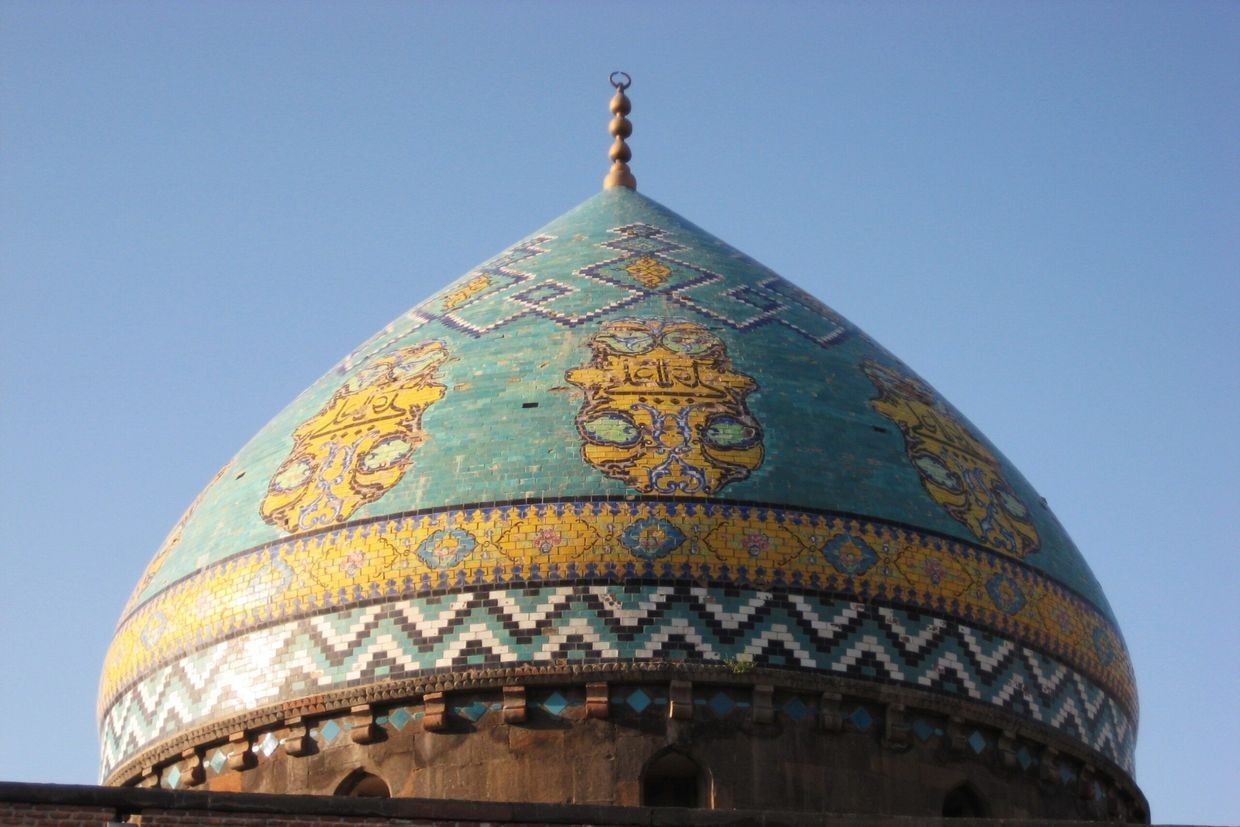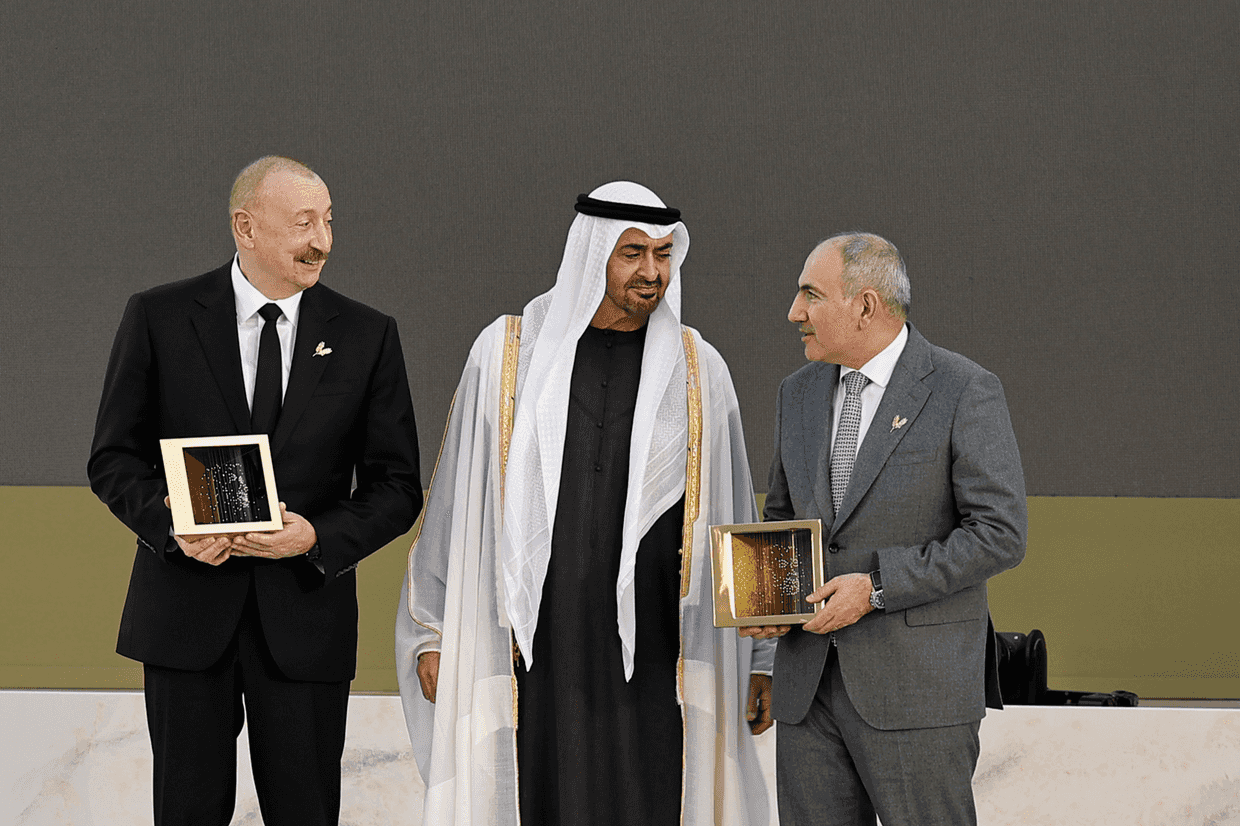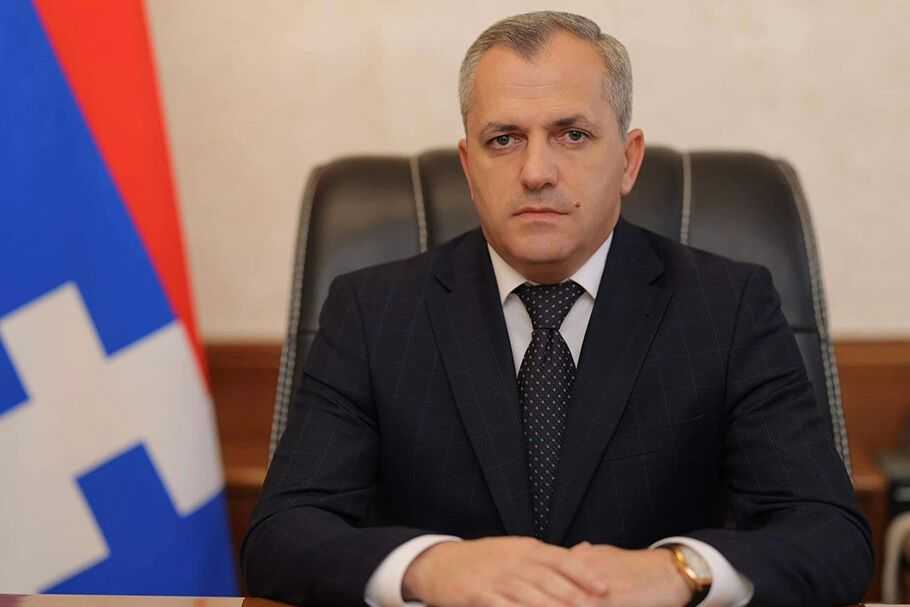Azerbaijan’s Caucasus Religious Council appoints representative to Yerevan

The Religious Council of the Caucasus has decided to appoint a representative, or gazi, to Armenia, to oversee the affairs of Azerbaijanis living in ‘western Azerbaijan’. The gazi will begin working from Azerbaijan and will relocate to Armenia ‘in the future’.
On Thursday, Sheikh-ul-Islam Allahshukur Pashazada, the head of the council, announced that there was ‘an urgent need’ to restore the activities of the Yerevan gazi.
He announced the appointment of Bakhtiyar Najafov, one of the council’s deputy chairs, as gazi in Armenia.
Based in Baku, the Religious Council of the Caucasus has since the early 19th century overseen the affairs of Muslims in the North Caucasus, Azerbaijan, Georgia, and Armenia.
The council ceased its representation in Armenia following the collapse of the Soviet Union and the displacement of Azerbaijanis residing there.
Sheik-ul-Islam Pashazada based the ‘urgent need’ to reestablish representation in Armenia off the heels of official remarks and calls for the resettlement of Azerbaijanis in ‘western Azerbaijan’ — an irredentist term used by the authorities in Baku to describe the territories in which Azerbaijanis used to live before the conflict with Armenia began.
‘We must revive the moral basis of our national existence in Western Azerbaijan. Historical justice demands this from us’, said Pashazada, adding that Yerevan was ‘one of the historical centres of Islamic civilizations’, and that the position of gazi should be restored there ‘as it was traditionally done in Tbilisi, Batumi, and Derbent’.
The council’s gazis are responsible for overseeing the affairs of Muslims residing in the areas in which they were appointed. According to Pashazada, Najafov would carry out his work in Azerbaijan before being relocated to Armenia ‘in the future’.
During the meeting, Pashazada cited and agreed with remarks made by President Ilham Aliyev saying that ‘Yerevan is our historical land, and we, Azerbaijanis, must return to these historical lands’.
A day prior, a conference was held in Ankara, Turkey, titled ‘the return to western Azerbaijan as an essential condition for the supremacy of human rights’.
Aliyev addressed the participants of the event with an open letter, saying that the issue of ‘western Azerbaijan’ was on Baku’s international agenda.
‘The peaceful initiatives of the western Azerbaijan Community, in accordance with international law, are commendable and enjoy the support of the world community. Ensuring the safe, dignified, and peaceful return of western Azerbaijanis to their ancestral lands in Armenia is an essential condition for the establishment of peace, human rights, and reconciliation in the region’, Aliyev said.
In his letter, he stressed that the return of ‘western Azerbaijanis’ to Armenia did ‘not imply a territorial claim against Armenia, and Armenia should abandon attempts to portray this desire as such’.
‘This issue will not be removed from Azerbaijan’s agenda until the return is realised’, Aliyev emphasised.











